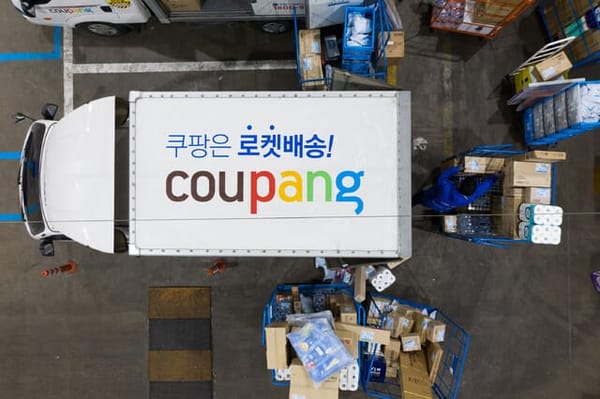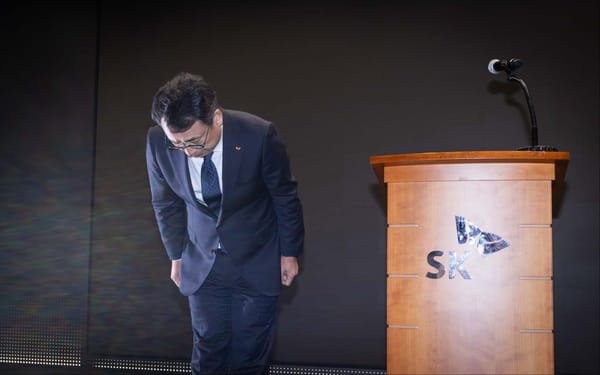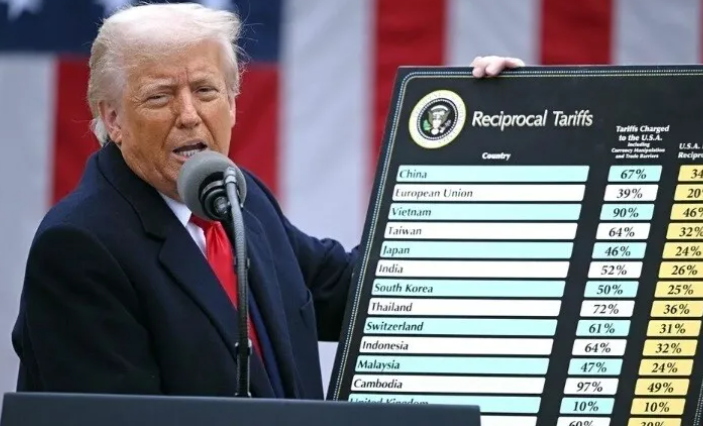Photo: Claimed electromagnetic levitation of LK-99. Credit: Quantum Energy Research Centre.
On July 28, a physics paper from South Korea posted on arXiv.org, an open-access database where scientists can publicize preprint papers, went viral over its astonishing claim: three South Korean scientists, Lee Seok-bae 이석배, Kim Ji-hun 김지훈 and Kwon Yeong-wan 권영완, had “succeeded in synthesizing the room-temperature superconductor … working at ambient pressure”. The thirteen-page paper closes with a grand statement: “We believe that our new development will be a brand-new historical event that opens a new era for humankind.”
The discovery of a superconductor that works at ambient pressure and room temperature would indeed be a historical event. A superconductor conducts electricity with no resistance, allowing electricity to travel with no loss. This, in turn, can be used to create a much stronger and more stable electromagnetic field, opening the door to machines only seen in science fiction, like hand-held MRI machines, mass-scale maglev trains or fusion reactors. Thus far, however, superconductivity has only been demonstrated at extremely low temperatures (below -269 degrees Celsius) or under extremely high pressures (over 1.5m atmospheres).
The claim may be too good to be true. The paper was released without any peer review, and scientists who reviewed the claim - that lead and copper alloys can be used to manufacture a room-temperature, atmospheric-pressure superconducting metal called LK-99 - expressed significant doubts. The lead researcher on the paper, Lee Seok-bae, identifies himself as the head of the Quantum Energy Research Centre 퀀텀에너지연구소, which is located in the basement of an ordinary low-rise apartment building in Seoul’s Songpa-gu 송파구 district that also houses a coffee shop and a contractor’s office - hardly the stuff of science fiction. (To be fair, the scientists are affiliated with Korea University 고려대학교, a major research university.)
Some in South Korea have raised the specter of Hwang U-seok 황우석, who became a national hero in the early 2000s after claiming to have made a historic breakthrough by successfully cloning human embryonic stem cells - but was disgraced in 2005 when journalists from the MBC News show PD Notebook PD수첩 revealed that Hwang had falsified key data. Lee also appeared to walk back his claims, telling an interviewer from Yonhap News 연합뉴스 that Kwon prematurely released the paper without the permission of his co-authors and saying he intended to submit the paper for peer review.








